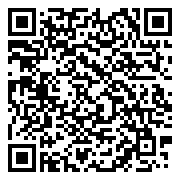

REF: NC3254238
DATES: 1 - 5 Dec 2025
CITY: Kuala Lumpur (Malaysia)
FEE: 4900 £
All Dates & LocationsWelcome to the Advanced Remote Sensing in Environmental Management course, designed to provide participants with a comprehensive understanding of the latest remote sensing techniques used in environmental management. This course delves into the definition of remote sensing and its practical applications of remote sensing in diverse environmental tasks. Participants will explore advanced methods of data acquisition, remote sensing technology, image processing, and analysis, equipping them with the essential tools for real-world environmental applications.
Whether you are new to remote sensing or looking to enhance your expertise in remote sensing of the environment, this course will help you explore how remote sensing methods can be integrated into a variety of environmental management contexts. Learn to leverage remote sensing technology for land cover classification, change detection, and monitoring of vegetation and water quality, among other critical tasks.
This Advanced Remote Sensing in Environmental Management course equips participants with the knowledge and skills to harness remote sensing technology effectively. By gaining expertise in data acquisition, image processing, and the interpretation of remote sensing results, you will be prepared to apply these insights to real-world environmental management challenges.
If you're ready to take your skills in remote sensing of the environment to the next level and become an expert in environmental management, this course is the perfect opportunity to gain hands-on experience and advance your career.
